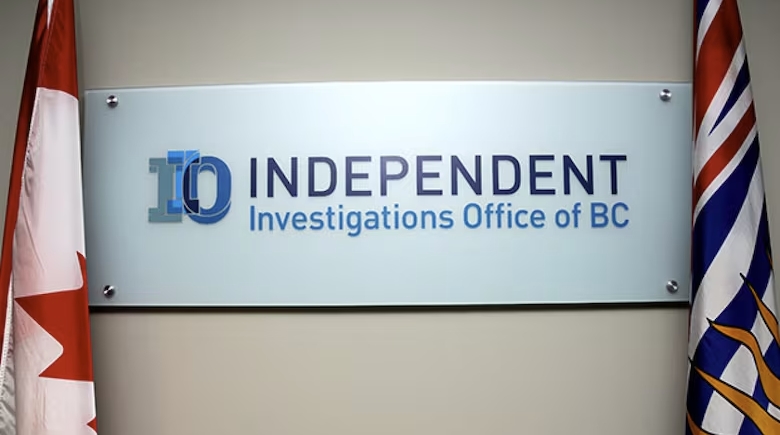B.C. Police Watchdog Urges Power to Probe Sexual Assault Allegations Against Officers
Emma MacLeod
5/13/20252 min read


The head of British Columbia’s police oversight body is calling for expanded authority to investigate sexual assault allegations involving police officers, saying such a move would improve public trust in the justice system.
Jessica Berglund, Chief Civilian Director of the Independent Investigations Office (IIO), says her agency should be responsible for handling these cases. Currently, B.C. is the only province with a civilian-led police watchdog that doesn’t investigate sexual assault claims involving officers.
“I believe this would strengthen public confidence in how these cases are handled,” Berglund said. The IIO’s current mandate is limited to incidents involving police that result in serious injury or death.
At present, allegations of sexual misconduct against municipal police officers are reviewed internally—by senior officers within the same department or another municipal force. These decisions are then reviewed by the Office of the Police Complaint Commissioner (OPCC), which can escalate a case to a retired judge if needed.
Other provinces grant their civilian watchdogs the power to investigate these offences directly, with the exception of Prince Edward Island, which is in the process of establishing its own oversight framework.
Recent data from the OPCC has raised further concerns. A CBC News review of 40 cases involving sexual misconduct or gender-based violence by B.C. municipal police officers found that only 25 per cent of those officers were dismissed. Others received lesser penalties such as suspensions, counselling, or demotions. Most victims were women—either colleagues or current/former partners of the accused officers.
Experts and advocates argue the internal disciplinary model undermines accountability. Danielle McNabb, a legal scholar at Brock University, says the current approach erodes public confidence and creates a “culture of impunity.” Angela Marie MacDougall of Battered Women’s Support Services expressed dismay over how lenient some of the penalties were, warning that it sends the wrong message to both victims and the public.
The Vancouver and Abbotsford police departments declined to comment, while the OPCC said penalty decisions are guided by the Police Act, which emphasizes education and rehabilitation unless the misconduct is too severe.
Critics say internal handling may also discourage victims from reporting incidents. University of Guelph professor Kate Puddister said having an external body investigate could lead to more survivors coming forward—even if conviction or dismissal rates remain the same.
Berglund emphasized that investigating sexual assault cases would require dedicated training and trauma-informed approaches. “Domestic and intimate partner violence investigations demand a very specialized skill set,” she said.
A 2022 report reviewing B.C.’s Police Act recommended civilian oversight of sexual offence complaints, but little progress has been made since. The Ministry of Attorney General says it is reviewing the recommendation as part of broader reforms, but any changes to the IIO’s mandate would require significant regulatory updates and consultation with law enforcement agencies.
While discussions remain ongoing, Berglund says she hopes the province recognizes the importance of independent oversight in restoring confidence and delivering justice for survivors.
News
Stay updated with the latest BC news stories, subscribe to our newsletter today.
SUBSCRIBE
© 2025 Innovatory Labs Inc.. All rights reserved.
LINKS
